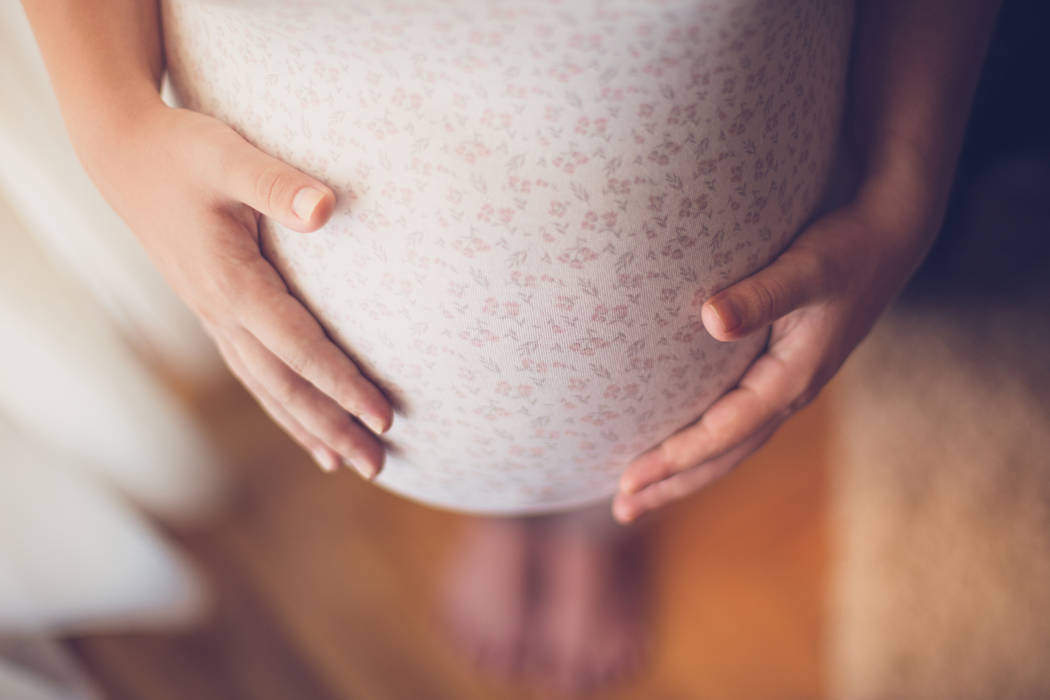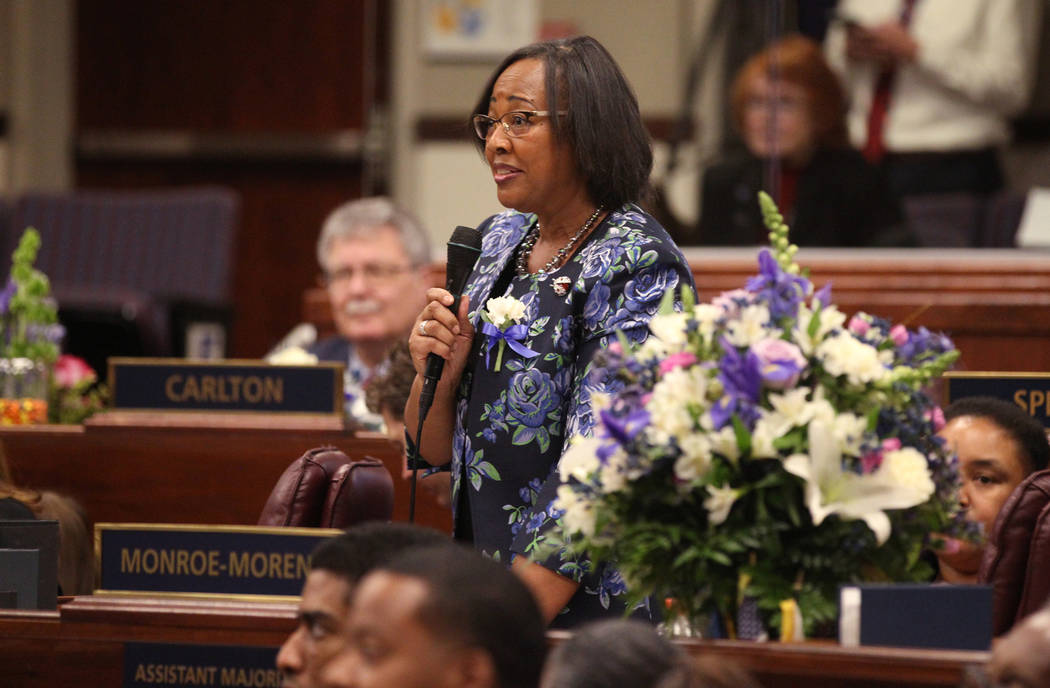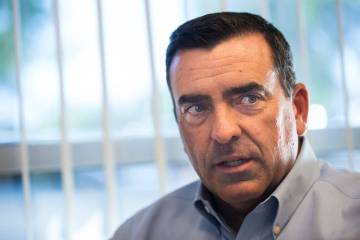Bill to launch study of maternal mortality gets warm reception
Nevada ranks near the bottom on a laundry list of health-care services and outcomes, including access to mental health and primary care and a high suicide rate.
But when it comes to maternal mortality — the rate of pregnancy-related deaths — the state actually fares pretty well. At 6.2 deaths per 100,000 births, the state had the third lowest rate nationwide behind California and Massachusetts, according to the 2018 America’s Health Rankings issued by the United Health Foundation.
But good isn’t good enough, according to state legislators, who on Friday offered near-unanimous support for a new Assembly bill that would create a new committee to review maternal deaths and near-deaths.
Assembly Bill 169 was heard at the first meeting of the Health and Human Services Committee since Assemblywoman Lesley Cohen, D-Henderson, took over as chair from former Assemblyman Mike Sprinkle, D-Sparks, who resigned last week amid sexual harassment accusations.
Assemblywoman Daniele Monroe-Moreno, D-North Las Vegas, wiped a tear from her cheek as she shared her own negative birth-related experience. After two miscarriages, she said, a doctor refused to tie her tubes, citing her young age.
“I am a woman who had insurance, educated, and my doctor wouldn’t listen to me,” said Monroe-Moreno, who ultimately underwent the procedure with another doctor. “I would’ve been a person who would’ve been a part of this study.”
According to her testimony, Nevada is only one of seven states without a maternal mortality review committee. If established under the bill, the committee, comprised of up to 12 health care professionals and community members, would issue recommendations aimed at narrowing service gaps for pregnant women.
The committee also would look into cases of “maternal morbidity,” or unexpected complications during childbirth, said Catherine O’Mara, executive director for the Nevada State Medical Association.
“Our intent is to study cases of both and create policy recommendations to improve outcomes in both of these cases,” said O’Mara, who testified in support of the legislation.
Though the problem isn’t as pervasive in Nevada as in some other states — in Georgia, for example, the rate of maternal deaths is nearly eight times that of Nevada’s — it has been well-documented that the United States is the only developed country with a high and rising maternal mortality rate.
And women of color, especially black women, are disproportionately affected, according to the data.
“It amazes me that increasing numbers of women are dying from complications of childbirth,” Monroe-Moreno said. “You would think that wouldn’t happen here.”
Contact Jessie Bekker at jbekker@reviewjournal.com or 702-380-4563. Follow @jessiebekks on Twitter.























